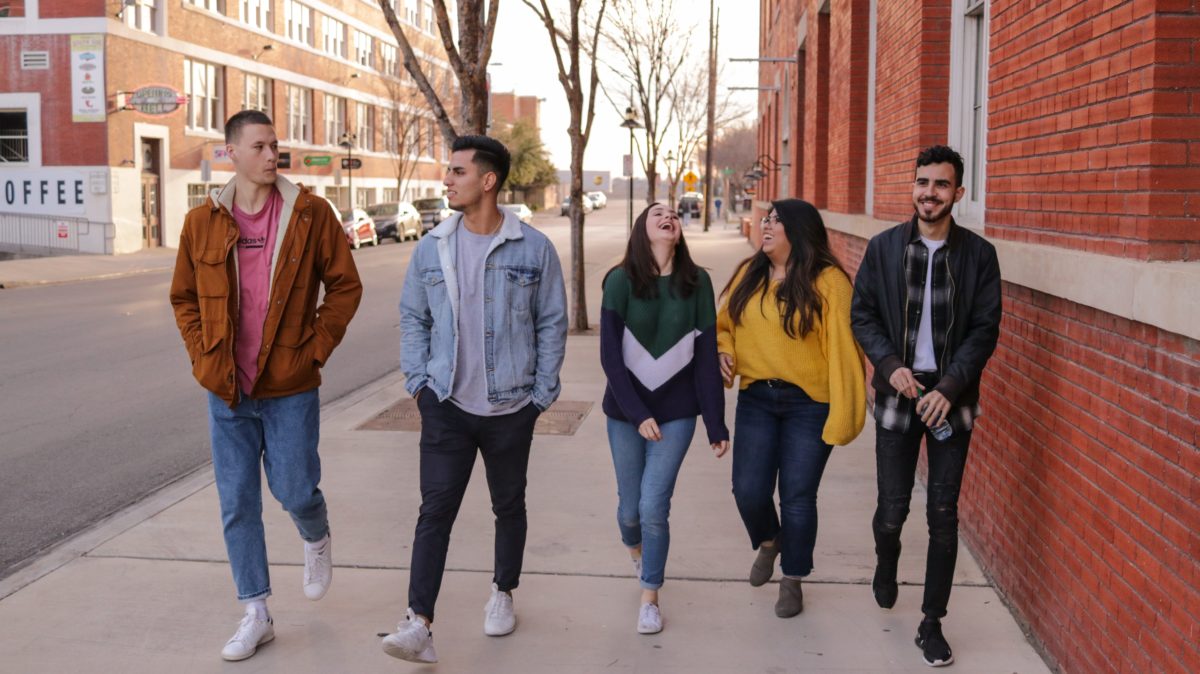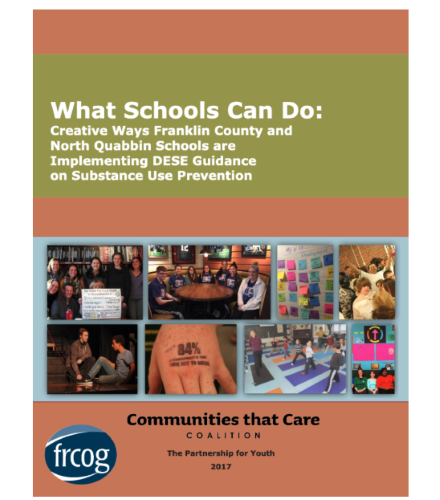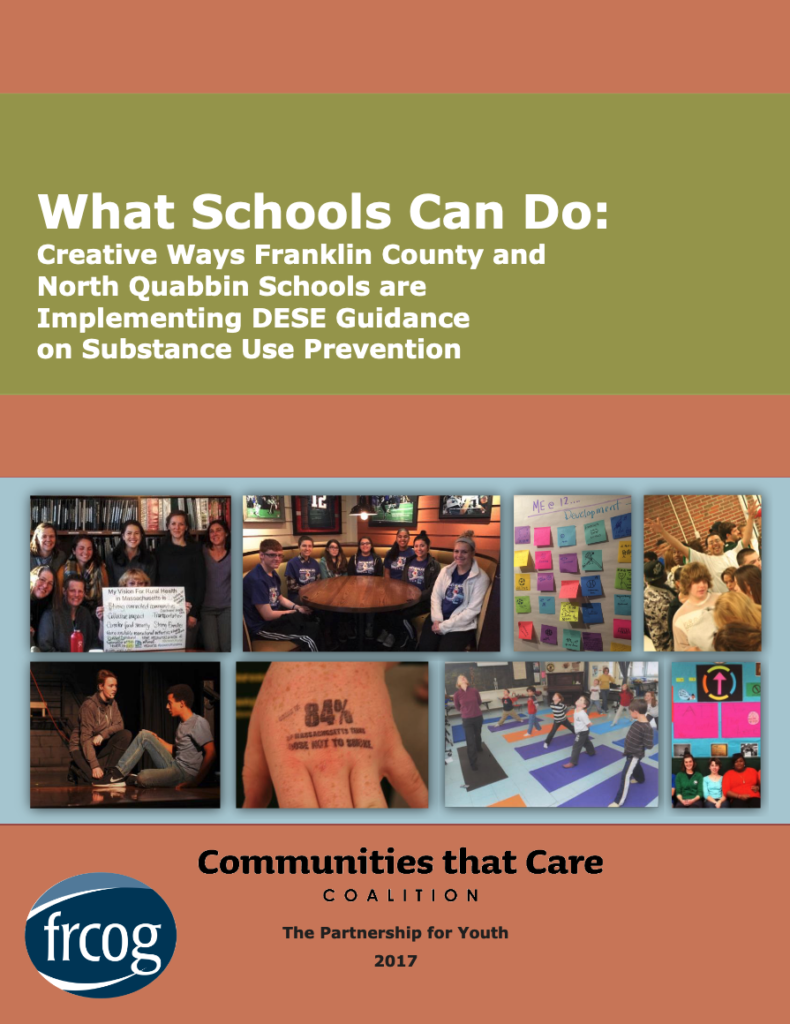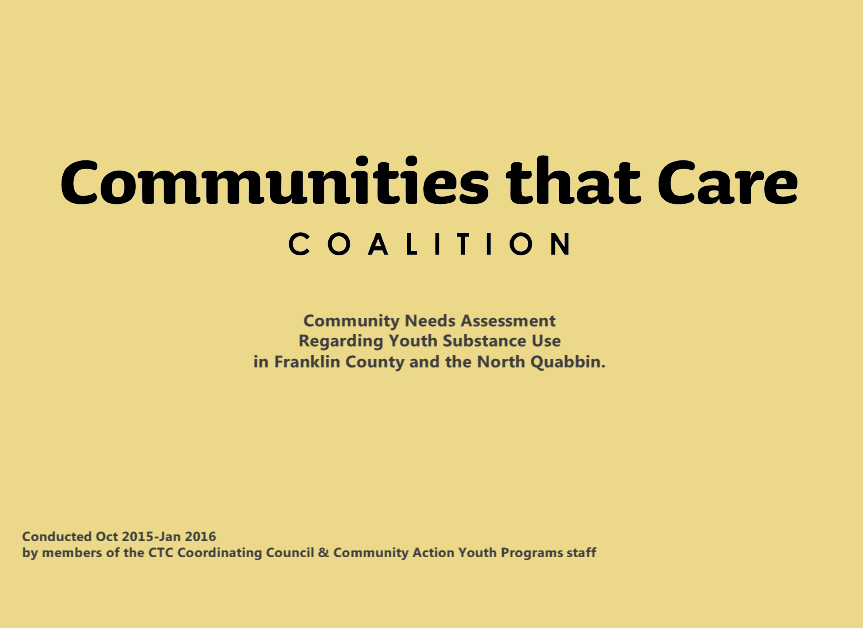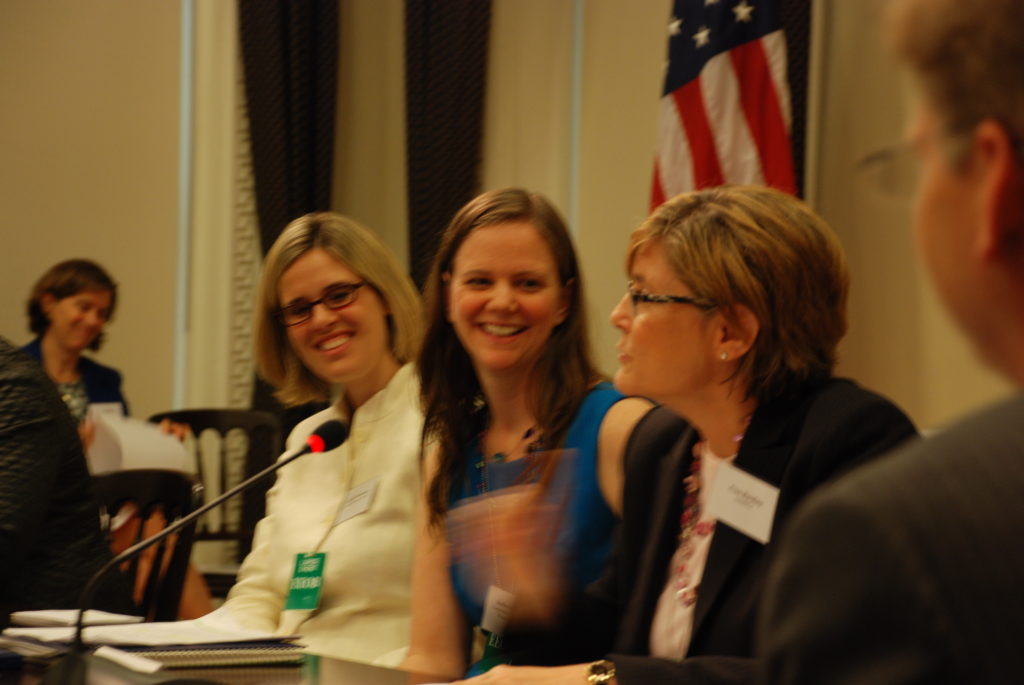2020 Community Action Plan and 2019 Teen Health Survey Data
The Communities That Care Coalition has revised its Community Action Plan and the latest version (the Coalition’s fifth) was presented for approval at the full coalition meeting on October 25, 2019. Also featured at the meeting:
- a facilitated discussion about the importance of leading with race in a predominantly white rural area
- release and discussion of data from the 2019 Franklin County/North Quabbin Youth Risk Behavior Survey
- presentation of the 2019 Mike Fritz Community Builder Award to Dr. Yves Salomon-Fernández from Greenfield Community College
- networking and lunch

